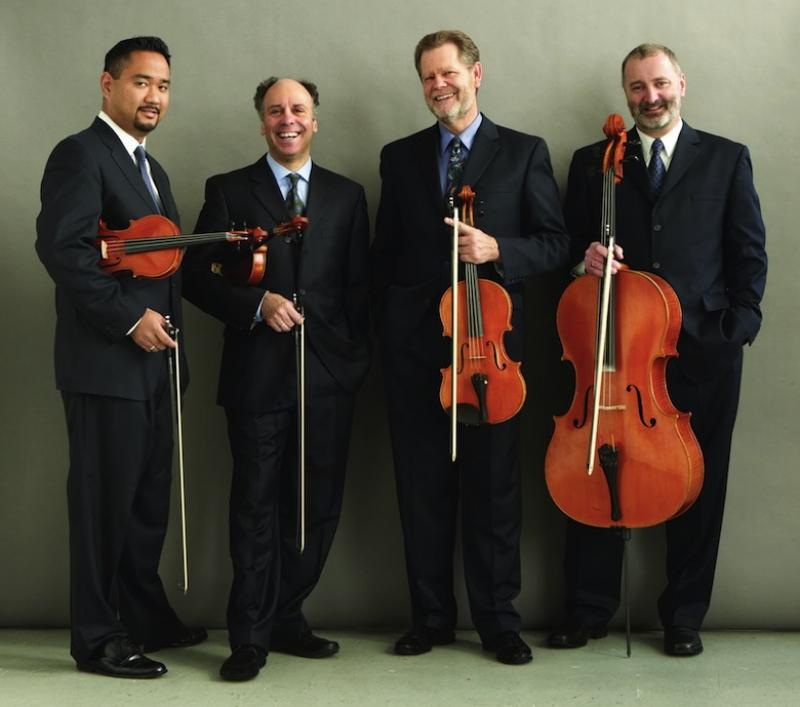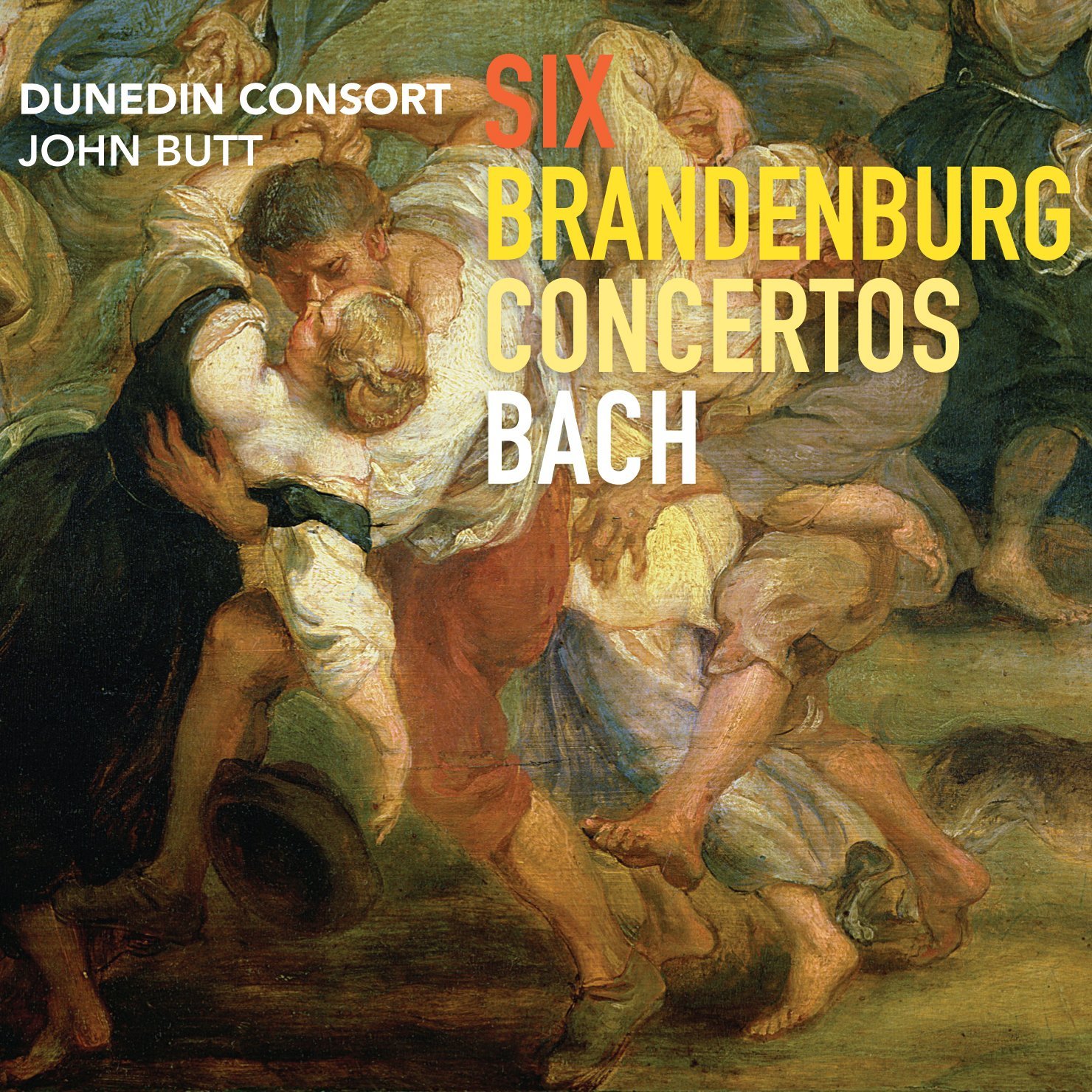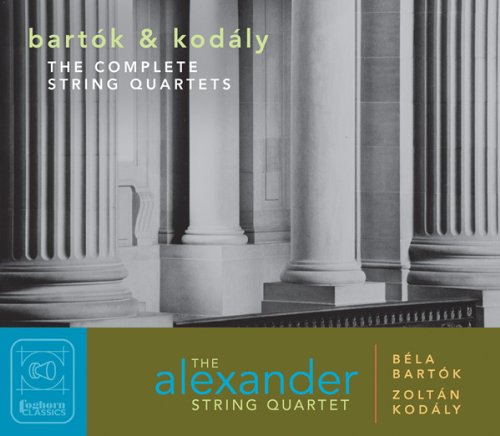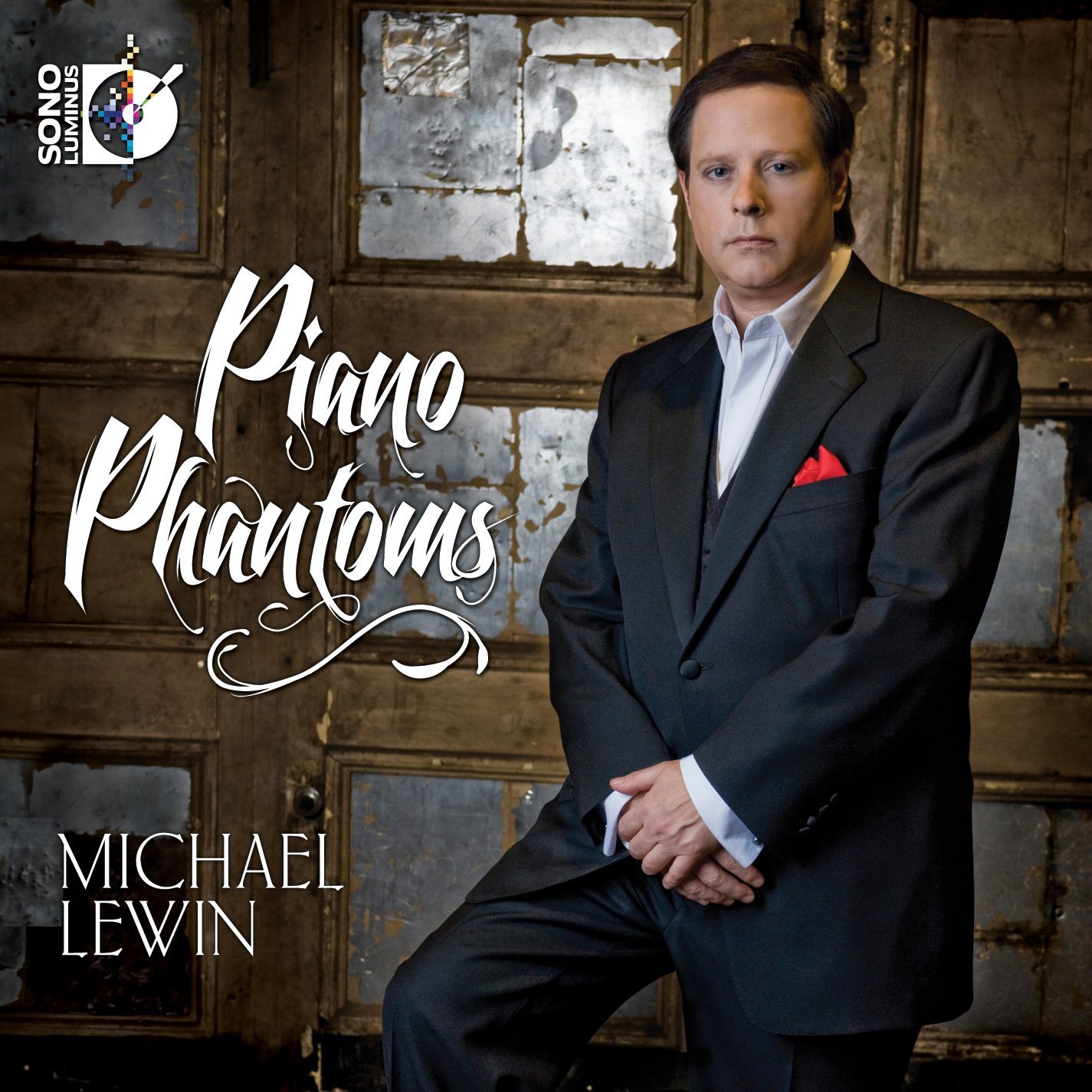



Historically-informed recordings of Bach's Brandenburgs are the norm now. Which is a good thing, though exposure to each new set can leave me craving a bit of naughty inauthenticity – those old modern instrument sets by Karajan and Klemperer, with vast string sections chugging along at a sedate pace. You're immediately struck by the sound of the Edinburgh-based Dunedin Ensemble, which is softer grained and a little warmer than you'd expect. This is in part be due to the tuning; director John Butt's sleeve note convincingly states the case for the pitch adopted by Bach's musicians in Cöthen as being a tone lower than today's A444. Butt believes that this pitch “tends to encourage a slightly slower but more subtle articulation for most instruments.” Not that there's any impression of relaxed tempi here; everything bowls along with abundant bounce and energy. The timbral blend is very different though. Shrill period performances can taste like the bitterest of espressos; Butt's impeccably prepared readings are more like a warming bowl of chocolate. There are so many moments to savour, such as the third concerto's rollicking last movement, underpinned by rich viola and cello sonorities. Or those anarchic, fruity horns near the opening of no 1, unsuccessfully trying to conceal their rustic roots.
David Blackadder's sweet-toned natural trumpet solo in no 2 is magnificent, matched by Pamela Thorby's recorder. Thorby and fellow recorder Catherine Latham are superb in no 4, so good that the thinner timbre of the transverse flute heard in no 5 can't help suffering in comparison. Cecilia Bernardini achieves miracles with no 5's solo violin, knowing just when to step in and out of the spotlight, while Butt has fun with Bach [3]'s anarchic harpsichord cadenza. And the lesser-heard no 6 really shines, its mellow, woody textures effortlessly projected. This is a sensational recording – perhaps the best period Brandenburg set available.
Like many listeners, I came to Béla Bartók's six quartets through hearing the famous DG set from the Emerson Quartet. Listening to those discs again, my impressions were mixed – technically, the playing is superb, but the Emersons' Bartók can too often seem too aggressive and acerbic. This new cycle from the Alexander Quartet is less strident, though without downplaying Bartók [4]'s sharp edges. These works trace the composer's entire career – the slithery textures of the First's opening movement transmute into music more assertive and rigorous by the time we reach the finale. The Second Quartet's pounding middle movement is fantastic here, and the quartet's elusive close is nicely taught. You'll rarely hear the compact, pungent Third Quartet dance as it does here, the last few minutes being thrilling without being too abrasive. Has any composer ever created such a distinctive, personal sound world – I'm thinking of the snapping pizzicato notes in the Fourth, its finale a dizzying, dissonant explosion of positive energy. The Fifth's last movement is similarly volcanic. You reach the valedictory Sixth with some trepidation – sad that it's the last quartet, and apprehensive as to whether this team will catch the music's elusive, melancholy cast. They do, with ease, and the music's ambiguous close is caught to perfection.
Coupling the Bartóks with the two quartets by Kodály makes complete sense; the two men were close friends, and Kodály's Quartet no 1 was premiered in 1910, just a few days before Bartók's. Both composers made innovative use of folk influences, and Kodály's slightly more listener-friendly idiom makes his works an ideal appetiser before diving into the Bartók set. The compact Second is especially enjoyable, concluding with an exuberant sequence of dances. This is a set to treasure, beautifully recorded and well-annotated. It's also incredibly reasonably priced, and hopefully will prompt listeners to seek out this team's equally impressive Shostakovich cycle.

This is nicely timed for Halloween, complete with a rather alarming, cadaverous portrait of pianist Michael Lewin on the cover. Lewin's eclectic recital is a delight from start to finish, “a journey into the musical imaginations of 18 composers... pieces that were inspired by phantoms, goblins, ghosts and spirits.” There are some well-known names here: Grieg's Goblins' Wedding Procession has an infectious swing, and there are familiar items from Dvořák [5] and Schumann, including the latter's Ghost Variations. Lewin's world premiere recordings offer just as much fun – you marvel at the archaeological skills which must have been required to exhume the obscurities on this disc. Carlos Troyer's Ghost Dance of the Zunis is a goofy highlight; five minutes of what could pass for a raucous silent film score, complete with obbligato gong. More ambitious is Carl Tausig's The Ghost Ship, an intoxicating, melodramatic description of a Viking longboat's supernatural encounter. Lewin plays it with virtuosic panache and real affection.
Most of the other items are miniatures. All of them charm, and none outstays its welcome. William Bolcom's Graceful Ghost Rag is an enchanting pastiche. Short numbers by Heino Kaski and Florence Price are delicious. Lewin's notes are a model of accessibility and erudition, though they warrant a 15 certificate for spelling out exactly what events led to Sir Eugène Goossens's downfall – including a witty Noel Coward couplet. The recording quality is sensationally vivid.
Links
[1] https://theartsdesk.com/users/grahamrickson
[2] https://www.addtoany.com/share_save
[3] http://www.theartsdesk.com/search/node/bach
[4] http://www.theartsdesk.com/search/node/bartok
[5] http://www.theartsdesk.com/search/node/dvorak
[6] http://www.amazon.co.uk/Brandenburg-Concertos-Dunedin-Consort-John/dp/B009H75B2E/ref=sr_1_1
[7] http://www.amazon.co.uk/Bartok-Kodaly-Complete-String-Quartets/dp/B00FPNX8FG/ref=sr_1_2
[8] http://www.amazon.co.uk/Piano-Phantoms-Michael-Lewin-Luminus/dp/B00C30Z99M/ref=sr_1_1
[9] https://theartsdesk.com/node/66880/view
[10] https://theartsdesk.com/node/71638/view
[11] https://theartsdesk.com/node/67065/view
[12] https://theartsdesk.com/classical-music
[13] https://theartsdesk.com/topics/bach
[14] https://theartsdesk.com/topics/bartók
[15] https://theartsdesk.com/topics/piano
[16] https://theartsdesk.com/topics/reviews